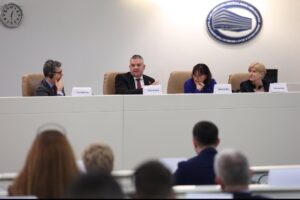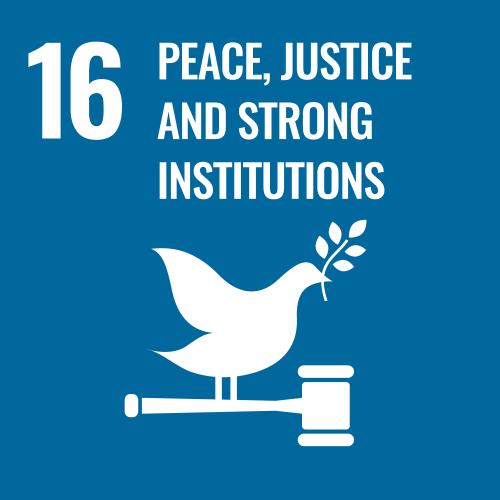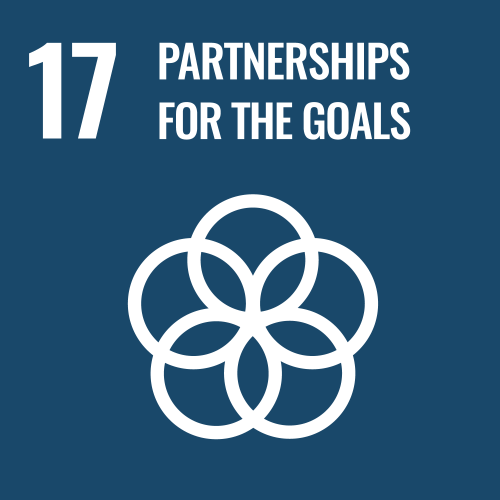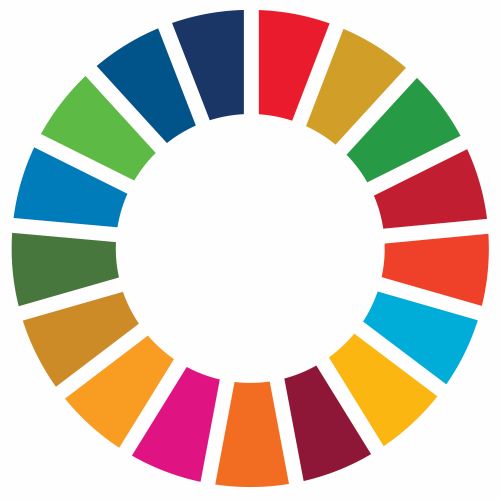
12/06/2025
The minister participated in panels on the digitization of justice in Bosnia and Herzegovina and the challenges facing Serbia in its process of accession to the European Union.
The Minister of the Presidency, Justice and Relations with the Courts, Félix Bolaños, has visited Bosnia and Herzegovina and Serbia for two days, with the aim of consolidating Spain’s cooperation with both countries in the field of justice. The Minister has shown the support of the Spanish Government to both countries in their processes of accession to the European Union, and has highlighted the added value of Spanish cooperation in the transcendental Chapters 23 and 24. These chapters are considered the core of the accession process, as they reflect the commitment of each country to the fundamental values of the Union: the rule of law, judicial independence, the fight against corruption and serious and organized crime, and respect for fundamental rights.
Bolaños also took the opportunity to highlight the progress made in Spain in the digitization of justice, and the potential of sharing these cutting-edge advances with the candidate countries for accession to the European Union.
During his stay in Sarajevo, Minister Bolaños participated in the panel entitled “Digitalization of Justice and Strengthening the Integrity of Judicial Office Holders”, where the digital transformation of judicial systems, institutional integrity and the role of justice in the process of European integration of the Balkan country were discussed.

In addition to Minister Bolaños, panelists included the Bosnian Minister of Justice Davor Bunoza, the acting president of the Court of Bosnia and Herzegovina, Minka Kreho, and the vice-president of the Constitutional Court, Valerija Galić. The panel included representatives of all the embassies of the European Union, the United Kingdom and Norway, as well as the Head of Cooperation of the Delegation of the European Union, Steffano Ellero.
During his visit to Belgrade, Mr. Bolaños participated in the panel “The Role of Cooperation of the Justice Institutions of Spain in the Republic of Serbia”, organized by the project Support to Serbia in the field of justice, freedom and security. The conversation, which took place at the Palace of Serbia, was the framework to reflect on the progress and challenges faced by Serbia in its process of accession to the EU, particularly in the framework of Chapter 24 and in the field of digital digitization, where Spain’s remarkable achievements can provide good practices.

The panel was also attended by Nenad Vujić, Minister of Justice of the Republic of Serbia, Miljko Radisavljević, Prosecutor of the Supreme Public Prosecutor’s Office of the Republic of Serbia, and Tatjana Vuković, Judge of the Supreme Court of the Republic of Serbia. The panelists have addressed far-reaching issues such as the progress and challenges currently facing Serbia in the fight against serious and organized crime, and how interagency coordination can sustainably contribute to a more effective justice system aligned with European values.
In addition, the contribution of the Spanish justice institutions in the accession process was highlighted, through the experience provided by members of the judicial and prosecutorial career who have participated in the European project of judicial cooperation. The high expertise of the Spanish cooperation in the field of justice was especially valued, recognizing the quality of the work carried out by the magistrate Marta Pizarro Mayo, a leading expert in the project of Support to Serbia in the field of justice, freedom and security, who has actively supported the work of Serbian judges and prosecutors.


